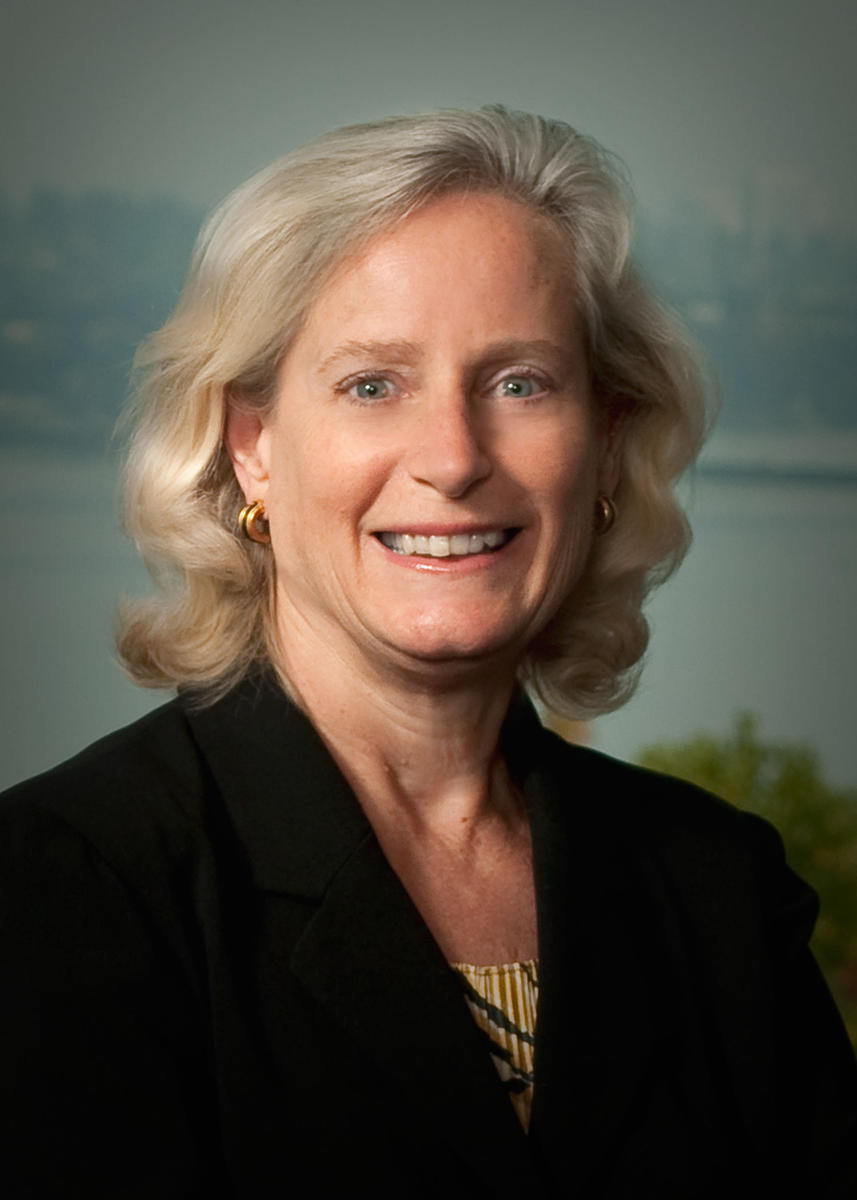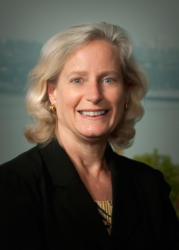
WholeFoods Magazine
Sustainable Supplement Solutions

In today’s health-conscious world, consumers are interested in doing everything they can to achieve maximum health and wellness. This trend is certainly playing out in the market for omega-3 supplements, which has experienced significant growth in recent years, and all signs point to further growth in the future. With this growth comes increased demand for fish that supply much of the omega-3 market and, along with their own health, buyers should be concerned about the health of fish stocks around the globe.
The health benefits of consuming fish, including in its convenient omega-3 supplement form, are widely known. Less commonly known is the state of the world’s fisheries and the critical need to protect this resource, not only to supply the growing omega-3 market, but also to meet the basic food needs of a growing world population. Seafood is the largest-traded food commodity in the world and is critical to food security for more than three billion people. Globally, about half a billion people depend on the seafood trade for their livelihoods. Managed responsibly, marine-based protein is a remarkably renewable resource and its production has a significantly lower carbon footprint than land-based protein, such as beef or poultry.
But, how can consumers know which fishery their supplement oil came from and whether it is a sustainably managed fishery?
Increasingly, businesses are leading the way on behalf of their customers. Many retailers around the globe are putting into place seafood sustainability policies to ensure they are sourcing from fisheries that are environmentally sustainable and well-managed, and requiring independent certification as proof of sustainable fishing practices.
The majority of the top 25 retail chains across North America list the Marine Stewardship Council (MSC)’s third-party certification and ecolabel program for wild-caught seafood in their seafood sustainability policies. And some go beyond traditional seafood products when addressing seafood sustainably, extending their proof of sustainability requirements to include categories such as supplements. The supplement industry is already responding to this shift in retail, as well as an overall increasing consumer interest in environmental sustainability. From 2011 to 2012, the MSC saw a five-fold increase in North America in the number of omega-3 supplement products bearing the MSC ecolabel indicating a sustainable source fishery and traceability through the production and supply chain.
Brands such as Schiff Nutrition, Barlean’s, Nutrilys, Dr. Mercola, Vital Choice, Dr. Ron’s, 54 Degrees North and others are sourcing from MSC-certified fisheries and carrying the ecolabel on supplement products, which helps educate consumers about the need for sustainable fishing. MSC-labeled omega-3 products are being carried in traditional brick and mortar stores covering drug, grocery, and mass merchant retailers, as well as online retailers. There are also a number of private label supplement brands carrying the MSC ecolabel in retail drug stores such as CVS Pharmacy and Walgreens.
Many fisheries that are or could be sources of omega-3 for the supplement market have already demonstrated their sustainability by passing a scientifically rigorous assessment against the MSC Standard. They include pollock, salmon, krill, hake, anchovy, cod, dogfish, hoki, herring, mackerel, sardine and tuna. There are many other fisheries in the assessment process that may add to the current supply of MSC-certified fish.
The market is what drives fisheries to want to meet the globally recognized MSC Standard and MSC works directly with the supply chain to make linkages. For example, if a company is looking for a sustainable source of sardines, the MSC can link those interests directly to a sardine fishery and encourage it to enter the MSC certification process. Some buyers take a more active role with their supply fisheries, working directly with them to pursue assessment and meet the MSC Standard.
Achieving certification to the internationally accepted MSC Standard validates and demonstrates a fishery’s sustainability to seafood markets around the world. The MSC also operates a traceability program, Chain of Custody certification, so that a seafood product bearing the MSC ecolabel can be traced through the supply chain back to its origin—a certified sustainable fishery.
Retailers and processors around the globe have embraced sustainability as a n important part of their sourcing policy. Much progress has already been made in protecting fish stocks and the MSC looks forward to an even stronger partnership with the supplement industry in the coming years as it strives to meet growing consumer demand for omega-3 products. Together, we can strengthen the sustainability of supply chains, educate consumers and ultimately ensure the availability of this valuable resource for generations to come.
n important part of their sourcing policy. Much progress has already been made in protecting fish stocks and the MSC looks forward to an even stronger partnership with the supplement industry in the coming years as it strives to meet growing consumer demand for omega-3 products. Together, we can strengthen the sustainability of supply chains, educate consumers and ultimately ensure the availability of this valuable resource for generations to come.
Kerry Coughlin, is the Regional Director, Americas for the Marine Stewardship Council (MSC)
Posted in WholeFoods Magazine, 1/7/13








